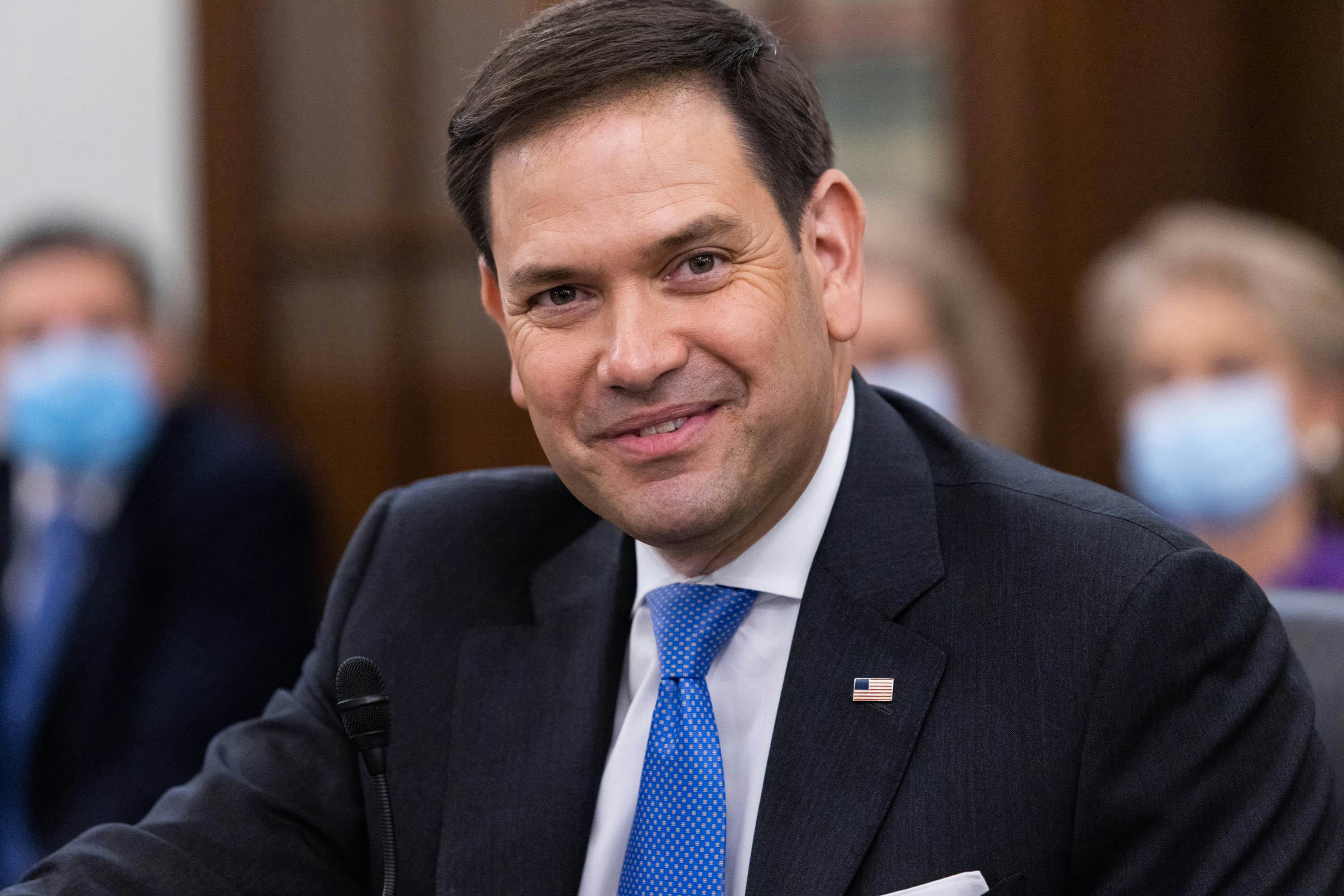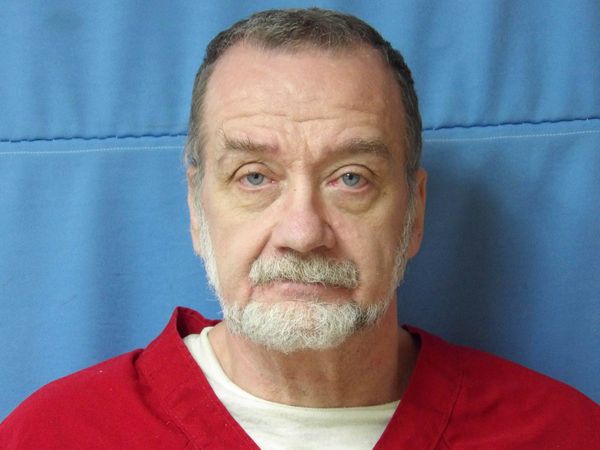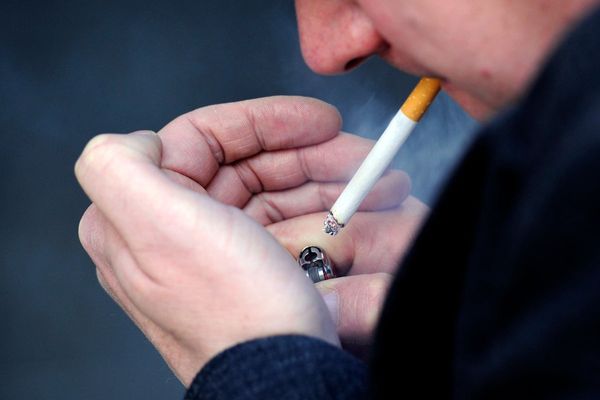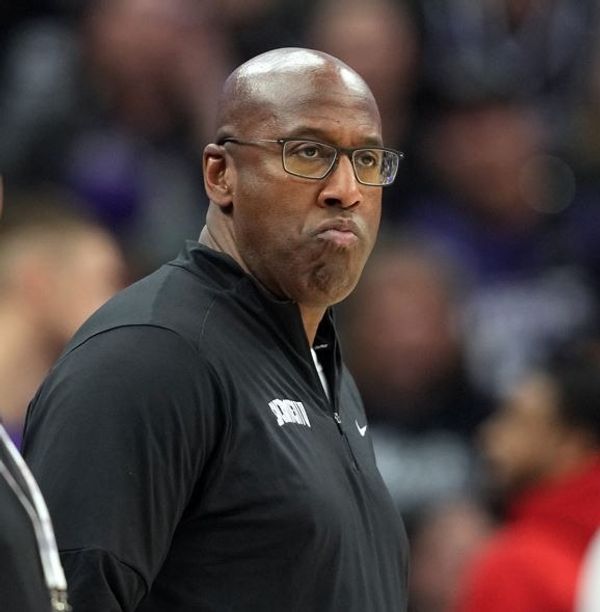
You've almost got to hand it to Marco Rubio. It takes a very special kind of politics-addled brain to correctly identify two uniquely American abominations — obscene student loan debt, and domestic terrorist mass shootings — and think, "Hm, but what if I combined them somehow?"
This week, Rubio reintroduced his Terrorism Survivors Student Loan Deferment Act, a bill that would give the Department of Education the authority to defer student loan payments for a year — one whole year! — for anyone "designated as a victim of a terrorist attack by the head of the federal agency that is handling the investigation of the attack."
"We should do everything in our power to help those who survive a terrorist attack to get their life back on track," Rubio said in a statement announcing the reintroduction of the measure, which he'd initially proposed in 2016. And you know what? Superficially, this all sounds ... fine, I suppose. Or, at the very least, not actively bad. But here's the example Rubio gives elsewhere in his statement:
Although in the aftermath of a terrorist attack, such as the 2016 tragedy at the Pulse nightclub in Orlando, survivors can be eligible for some relief, the extreme nature of their circumstance is not automatically recognized.
There are a number of unassailable facts at play regarding this event that render Rubio's invocation particularly ironic. The Pulse nightclub shooting is the second deadliest mass shooting event in United States history, the weapons for which were all purchased legally despite a previous FBI investigation into the man responsible. And while Rubio has backed lukewarm "red flag" gun laws that would limit firearm possession for those believed to represent a potential danger, he has also been thrilled to take more money from the NRA than any other politician in Florida and made gun ownership a tentpole issue during his 2016 presidential campaign. And perhaps more to the point, Rubio has been a staunch opponent of the sort of gun laws that would have helped prevent, say, the 2014 mass killing in Isla Vista, California, which was, as it turns out, designated a terrorist attack by the International Center for Counter-Terrorism at the Hague.
So, Rubio's student deferment bill, while not actively bad in and of itself, is essentially putting a Band-Aid on a bullet would — particularly when you consider the size and scope of the student debt crisis in this country. Indeed, Rubio himself was only able to pay off his student loan debt with the proceeds generated from his 2015 book American Dreams.
With all that in mind, a year-long delay on student loans is nice. It's certainly not going to hurt. But for survivors of terrorism — and in particular, the sort of terrorism most endemic to the United States: gun violence — Rubio's plan is both depressingly limited and frustratingly backward. By combining two relatively unrelated issues, Rubio ultimately is only addressing a symptom, rather than a cause, of the trauma those who have experienced violence might face.
That's fine, I suppose, if a little cynical. But let's not mistake this for anything resembling an actual solution.







